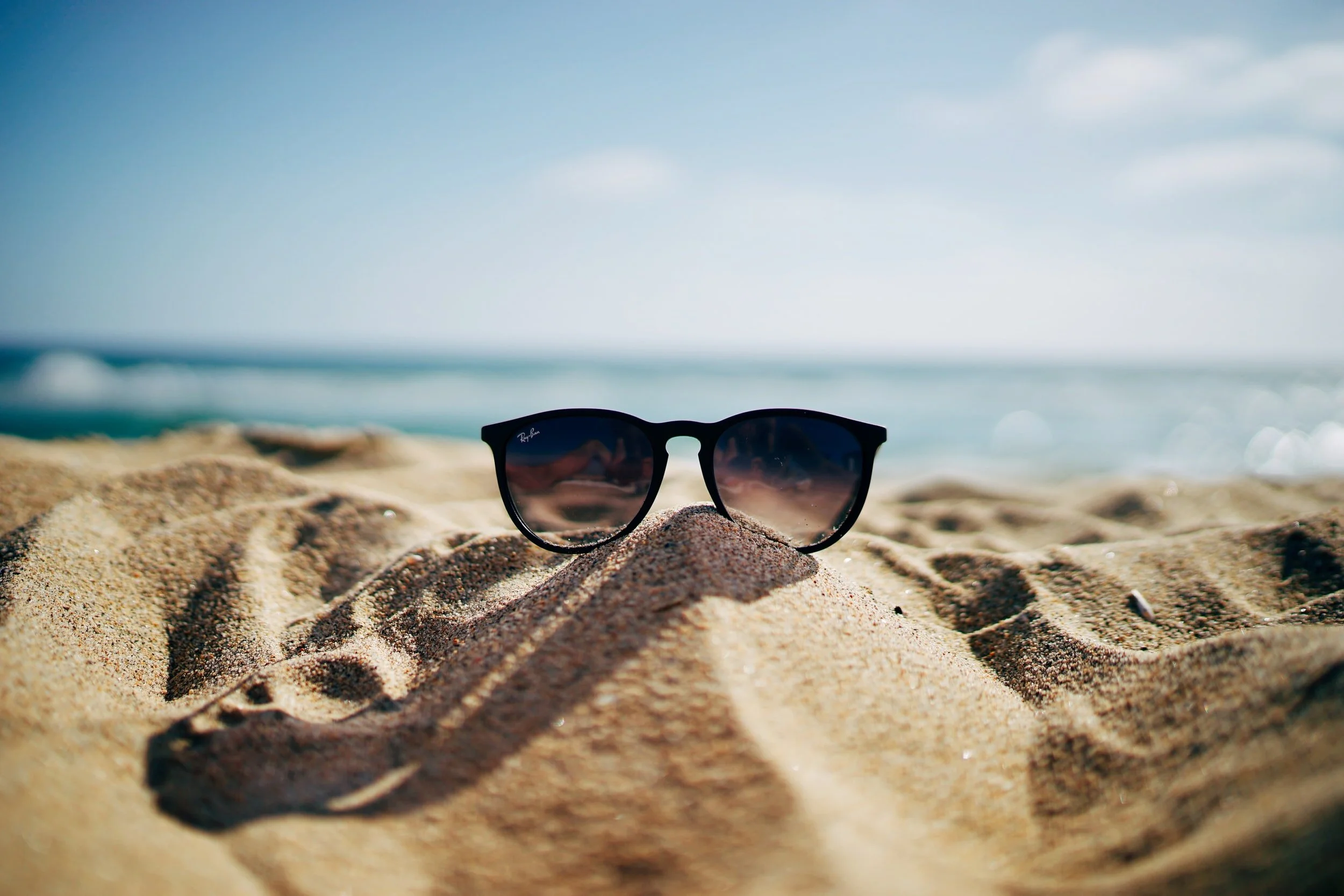How to get a beach body
Last week, I attended a webinar hosted by The Eating Disorders Foundation during which Meredith Nisbet presented “Every Body is a Beach Body.” Nisbet’s words reiterated what my eating disorder, newspeople, and advertising love to remind us this time of year: Summer is right around the corner, so It’s time to start thinking about your beach body.
The term beach body has always irked me. The idea that we’re all supposed to magically morph into some media-contrived and often unattainable physical shape in order to enjoy one of summer’s most treasured activities is ludicrous; but sadly, it’s one that I used to give into.
Summer is a challenging time for anyone who has ever had issues with food, weight, and body image. Once the weather is warm, we’re socially inclined (and almost expected) to shed our clothes and basically walk around in our underwear, an act that, during the other three seasons of the year, would only be considered acceptable in the privacy of our own homes.
The diet industry feeds (pun intended) off any insecurities we may have about stripping down to nearly nothing once the temperature heats up. These pervasive messages serve to scare us into desperate acts of weight loss, fad diets, cutting out entire food groups, exercising until our feet bleed, and driving ourselves into an anxious tizzy before any social event where food may be involved. But where does this fixation on achieving a beach body come from?
Before you chime in too quickly with an answer like “the media!”, let’s acknowledge how body image can be sculpted by genes, our upbringing, and our more immediate environment.
How to get a beach body
But first, the most important topic: How to get a beach body, borrowed from Meredith Nisbet:
Step 1: Go to the beach.
Step 2: You’re done. That’s it. Your body is at the beach. It is, therefore, by definition a beach body.
But what is a beach body?
Contrary to the fairly standard images of bikini-clad models splashed across magazines this time of year, the answer to this question can vary widely. An individual’s idea of what constitutes a beach body depends largely on a number of factors like:
Your family’s rhetoric around what is considered “acceptable” or “normal” in terms of food consumption, health, and weight, and how often these messages were communicated to you throughout your upbringing.
Your exposure to traditional media (TV shows, movies, magazines, advertisements) that use specific labels or terminology, like beach body.
Your exposure to media that only depict characters with certain body types in swimsuits.
So how can I get a beach body?
Fun surprise: You already have one.
As with most other aspects of eating disorder recovery, convincing yourself that you do indeed have a beach body involves deprogramming years of noise from family, peers, the media, jerks at the pool, and any other messages you’ve passively absorbed about what constitutes an acceptable body size.
As summer approaches, practice challenging the thoughts that try to convince you that you don’t deserve to be at the pool or the beach. For example, reflect on the following:
When and from whom did I first hear these messages?
How have they served me in a positive way? In a negative way?
What makes me believe that I don’t deserve to love my body, accept my body, and have a fun summer just like everyone else?
How can I replace these thoughts with more encouraging phrases?
Rewiring your brain this way doesn’t happen overnight—it takes daily practice, or maybe even hourly or minute-to-minute practice. It took years for you to receive and believe these messages, so be patient with yourself as you start to roll back the tape and start with a new script, your script. And this time, you get to write whatever you want.
Pause & Prompt
Close your eyes and picture a child. Maybe it’s yourself as a child. Maybe it’s your own child, or a niece or nephew.
Write a letter to this child describing what you love about the pool and/or the beach, and what you used to love about it when you were a child.


